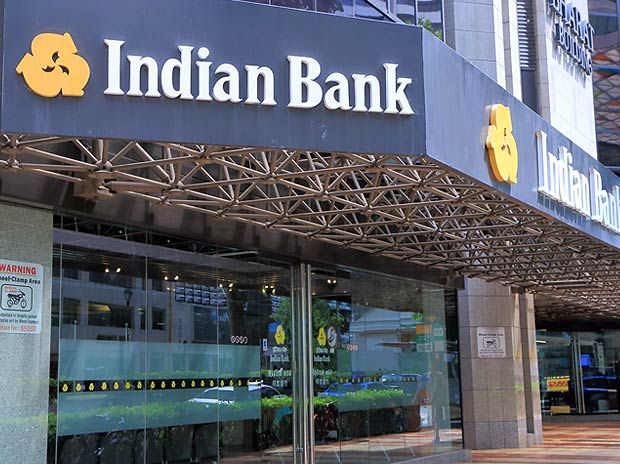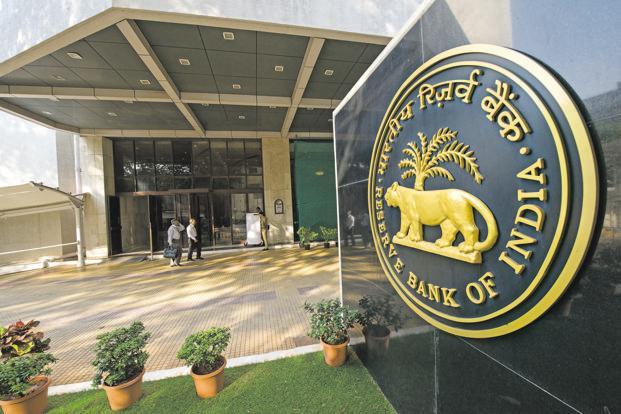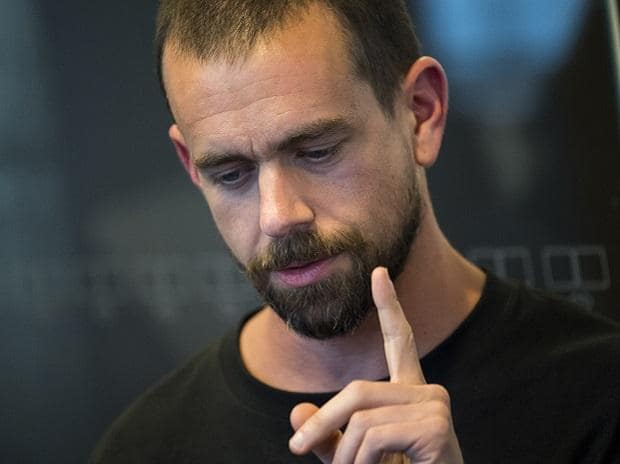Analysts and investors have been wondering if the same will happen
to Europe's Brent oil futures.
The expiry of the
June contract for Brent
oil futures in Europe on Thursday will possibly be the most watched event
in oil markets for some time after the US benchmark plummeted below zero for
the first time in history last week.
The coronavirus
pandemic has killed oil demand as over four billion people are in lockdown
and last week, ahead of its contract expiry, US West Texas Intermediate (WTI)
futures crashed deep into negative territory making it a liability for anyone
holding it.
Analysts and
investors have been wondering if the same will happen to Europe's Brent oil
futures, but most agree that while there are no technical obstacles for the
contract going the same way, it is hard to see why it would.
Brent is
considered to be the international marker by the oil industry as it is linked
to seaborne crude so has fewer storage limitations than WTI, which is settled
against a major landlocked storage site in Oklahoma.
Brent is run by
the Intercontinental Exchange (ICE) in Europe and other crudes are unofficially
pegged to it, so there is more vested interest in keeping it stable.
Nevertheless, last
week, ICE said it was ready to switch mathematical models, from Black-76 to
Bachelier, to settle contracts at negative prices if needed.





















